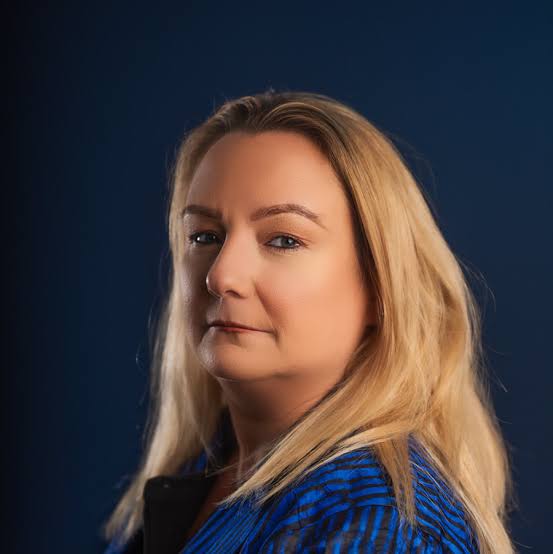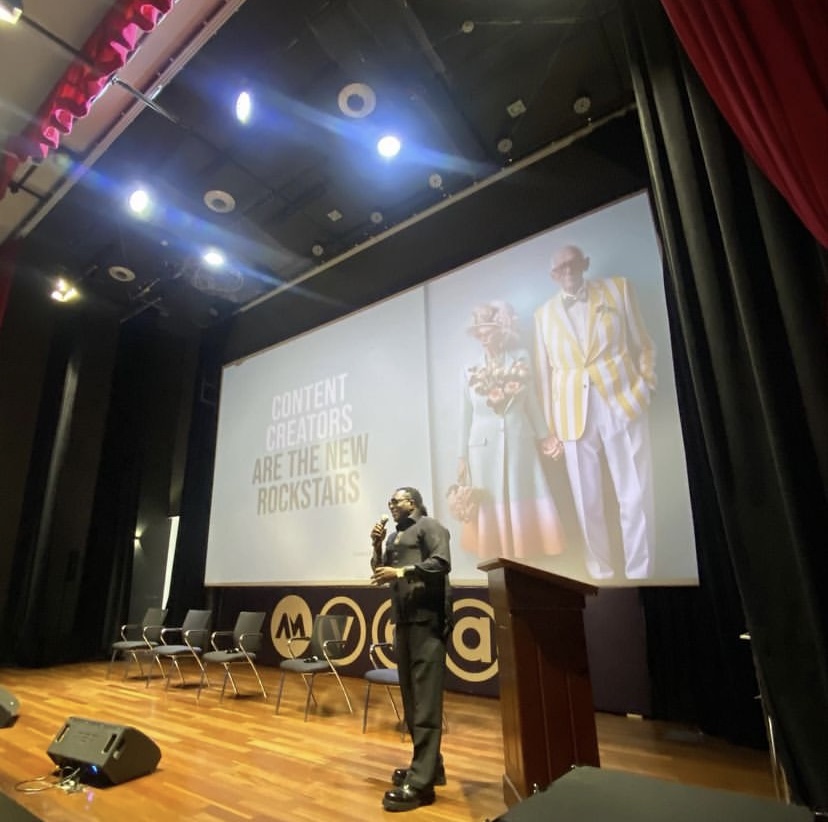By Felicia Nwosu
Lucy Pearson, the Country Director of the British Council in Nigeria, has illuminated the organization’s significant contributions to Nigeria’s educational and cultural sectors over the past 80 years. Pearson, who has led the British Council in Nigeria for a decade, emphasized that while many Nigerians primarily associate the British Council with examinations, its impact extends far beyond that.
Pearson described the British Council as the UK’s leading cultural relations organization, focusing on educational opportunities and the arts.
“We are the leading organization for cultural relations and educational opportunities. We’ve been in Nigeria for 80 years, and this year we’re celebrating our 80th anniversary. We work across education, including basic education through to higher education, as well as in the arts and culture and English language programs. Our primary focus in Nigeria is on youth—people between 18 and 34—creating skills, capacity, and life-changing opportunities for young Nigerians.”
Reflecting on her tenure, Pearson expressed how privileged she felt to lead the British Council in Nigeria.
She recounted several highlights, including hosting an event for King Charles (then Prince Charles) in 2018 and being recognized by the Universal Basic Education Board for supporting Nigeria’s basic education system. She also spoke about the partnerships developed with the National Universities Commission (NUC) to enhance higher education in Nigeria, which led to the launch of transnational education guidelines.
Pearson acknowledged that her journey in Nigeria was not without challenges, primarily due to the country’s diversity and complexity. However, her love for the Nigerian people helped her overcome these challenges by building strong relationships with local partners and stakeholders, understanding cultural nuances, and tailoring the Council’s programs to meet the needs of different regions.
Under her leadership, the British Council evolved into a stronger, more confident organization, deeply rooted in values such as equality, diversity, and inclusion.
Through her foresight, Pearson introduced an internship scheme that prioritizes young people from minority groups and those living with disabilities, ensuring that everyone has the opportunity to work in an international organization.
In terms of impact, Pearson highlighted the Council’s role in developing capacity and skills in the education and arts sectors. She affirmed that, from helping teachers and influencing curriculum reforms to supporting creative talents and entrepreneurs, the British Council has significantly enhanced the lives of many Nigerians. Pearson pointed to initiatives like pop-up showcase events for artists and the digital pivot during the COVID-19 pandemic as examples of the Council’s adaptability and commitment to creating opportunities.
As Pearson prepares to transition to a new role as the Regional Director for Sub-Saharan Africa, based in Kenya, she emphasized that Nigeria will always hold a special place in her heart. She expressed deep admiration for the Nigerian people, describing them as warm, resilient, innovative, and entrepreneurial. Pearson admitted that while she hadn’t mastered any Nigerian languages, she had picked up a few words and phrases in Pidgin English and Hausa.
When asked about her favorite Nigerian dish, Pearson humorously confessed her love for Jollof rice, though she admitted she had not yet mastered cooking it. She will miss the people, the warmth, the dancing, and the overall vibrancy of Nigeria the most. Summing up her experience in Nigeria, Pearson described it as “life-changing, fun, and no wahala,” reflecting her deep connection to the country and its people.






Comment
No comments found.